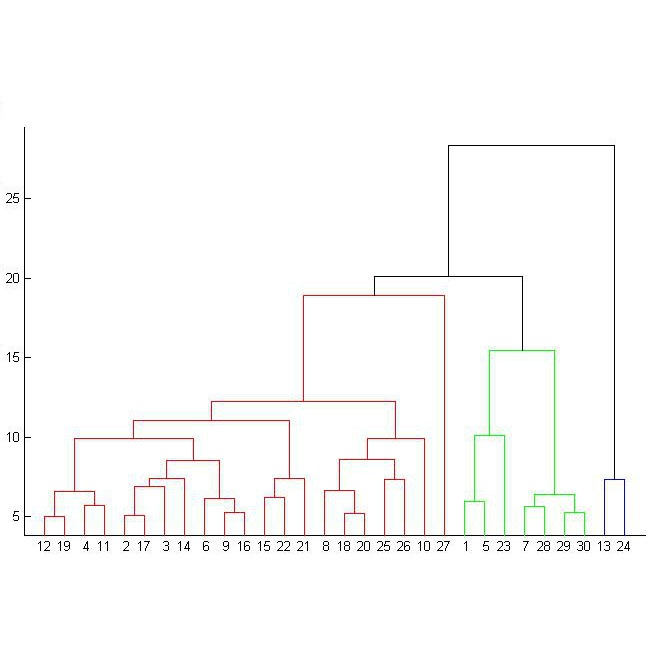ML is approached from logic point of view as a problem of maximizing consistency of a hypothesis in a context of a given training set. Nonjudgmental logic (NjL) with modalities ``It appears that'', ``Assume that'' is introduced to formalize and quantify the concepts of inconsistency. Two conjectures are formulated. First, there are only 5 types of steps for all learners. Second, any learner minimizes a criterion, which can be represented as a measure of inconsistency in a semantic of NjL. Many popular ML algorithms (from hierarchical clustering to k-NN and SVM) are shown to corroborate both conjectures. In addition, it is demonstrated that NjL allows to formalize and solve several general learning problems which are not considered as ML usually.
翻译:从逻辑观点来看,ML是使假设在特定培训组别中的一致性最大化的一个问题。非判断逻辑(NjL)与方式“看来,',`假设'是用来正式确定不一致的概念和量化这些概念的。提出了两种假设。首先,所有学习者只有5种步骤。第二,任何学习者尽量减少一个标准,它可以作为NjL语义中不一致的一种衡量标准。许多受欢迎的ML算法(从等级组合到 k-NN和SVM)可以证实两种猜想。此外,还证明NjL允许正式确定和解决一些通常不被视为ML的一般学习问题。



